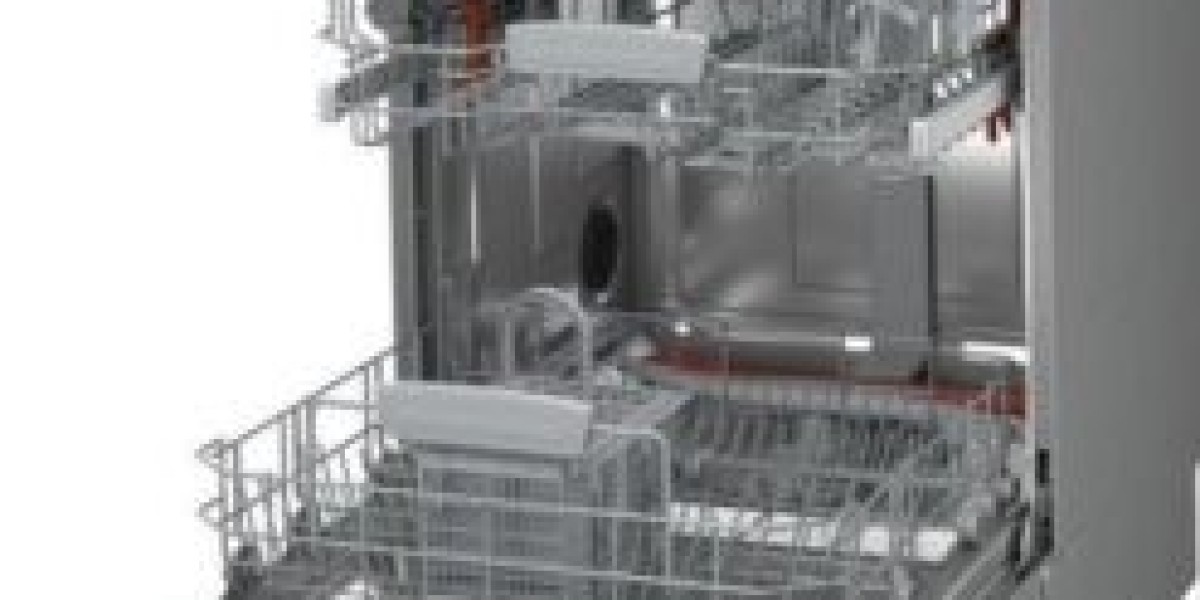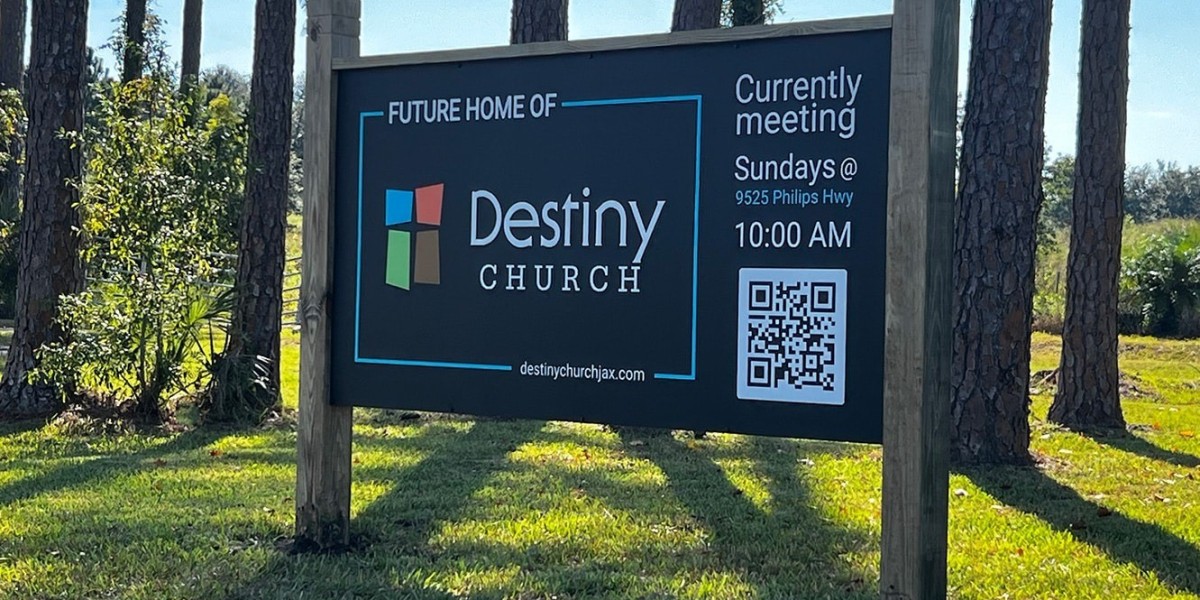In today's rapidly evolving business landscape, the traditional approach to supplier management is undergoing a revolutionary transformation. Organizations worldwide are recognizing that their supplier networks represent far more than transactional relationships they constitute the backbone of operational excellence and competitive advantage. As businesses navigate increasing complexity, digital disruption, and ever-changing market demands, the question emerges: could smarter supplier networks fundamentally reshape how enterprises operate in the future? The answer lies in understanding how intelligent procurement systems and advanced supplier collaboration platforms are already transforming business operations. Professionals seeking to master these evolving systems often pursue specialized training through a sap ariba course in Mumbai to gain expertise in cutting-edge procurement technologies.
The Evolution of Supplier Networks
Historically, supplier relationships operated within rigid, hierarchical structures where communication flowed through predetermined channels, often resulting in delays, inefficiencies, and missed opportunities. Traditional procurement processes relied heavily on manual paperwork, telephone negotiations, and email exchanges, creating bottlenecks that hindered agility and responsiveness. However, the digital revolution has ushered in an era of intelligent supplier networks that leverage artificial intelligence, machine learning, and cloud-based platforms to create seamless, collaborative ecosystems.
Modern supplier networks function as dynamic, interconnected webs where real-time data sharing, predictive analytics, and automated workflows enable unprecedented levels of coordination and efficiency. These smart networks provide businesses with comprehensive visibility into their entire supply chain, allowing them to make informed decisions, anticipate potential disruptions, and optimize performance across multiple dimensions. Organizations investing in procurement excellence often encourage their teams to complete a sap ariba course in Mumbai to develop the technical skills necessary for managing these sophisticated supplier networks.
Technology-Driven Transformation
The integration of advanced technologies into supplier networks is creating transformative opportunities for businesses across industries. Artificial intelligence algorithms can analyze vast amounts of supplier data to identify patterns, predict performance trends, and recommend optimization strategies. Machine learning capabilities enable systems to continuously improve their decision-making processes, learning from historical data and adapting to changing market conditions.
Cloud-based procurement platforms facilitate seamless collaboration between organizations and their suppliers, breaking down traditional silos and enabling real-time communication. These platforms
Enhanced Visibility and Control
Smart supplier networks provide businesses with unprecedented visibility into their supply chain operations, enabling them to monitor performance, identify risks, and optimize outcomes in real-time. Advanced analytics dashboards present comprehensive views of supplier performance, delivery schedules, quality metrics, and compliance status. This enhanced visibility allows organizations to proactively address potential issues before they escalate into major problems.
Predictive analytics capabilities enable businesses to forecast demand patterns, anticipate supply chain disruptions, and develop contingency plans. By leveraging historical data and market intelligence, organizations can make more informed sourcing decisions, negotiate better contracts, and build more resilient supply chains. Risk management becomes more sophisticated through automated monitoring systems that track supplier financial health, geopolitical factors, and market volatility. Companies prioritizing strategic procurement often invest in employee development through a sap ariba course in Mumbai to build internal capabilities for managing these advanced systems.
Collaborative Innovation and Value Creation
Co-innovation programs allow businesses and suppliers to share resources, expertise, and risks while developing new solutions that benefit both parties. These partnerships can lead to breakthrough innovations, cost reductions, and competitive advantages that would be difficult to achieve independently. Supplier development programs help organizations build stronger, more capable supplier bases by providing training, resources, and support. Procurement leaders often pursue a sap ariba course in Mumbai to understand how modern platforms can facilitate these collaborative relationships.
Operational Efficiency and Cost Optimization
Smart supplier networks deliver significant operational efficiencies by automating routine tasks, streamlining workflows, and eliminating redundancies. Electronic procurement processes reduce cycle times, minimize errors, and lower administrative costs. Automated sourcing events enable organizations to quickly identify the best suppliers for specific requirements while ensuring competitive pricing and optimal terms.
Dynamic pricing models and real-time market intelligence help businesses optimize their spending and negotiate better deals. Suppliers benefit from improved cash flow management through faster payment processing and better demand visibility. Inventory optimization becomes more sophisticated through shared planning and collaborative forecasting, reducing carrying costs while ensuring adequate supply availability. Organizations seeking to maximize these benefits often train their procurement teams through a sap ariba course in mumbaii to develop expertise in system optimization and cost management strategies.
Risk Mitigation and Resilience
Modern supplier networks enhance business resilience by providing sophisticated risk management capabilities. Multi-tier supplier mapping helps organizations understand dependencies and vulnerabilities throughout their supply chains. Automated risk monitoring systems continuously assess supplier performance, financial stability, and external factors that could impact operations.
Sustainability and Social Responsibility
Intelligent supplier networks are driving greater focus on sustainability and social responsibility throughout supply chains. Advanced tracking and reporting capabilities enable organizations to monitor environmental impact, labor practices, and ethical standards across their supplier base. Sustainability scorecards help businesses evaluate suppliers based on environmental, social, and governance criteria.
Circular economy principles are being integrated into supplier selection and management processes, promoting waste reduction, resource efficiency, and sustainable practices. Supplier diversity programs become more effective through data-driven approaches that identify and develop relationships with minority-owned, women-owned, and small businesses. Companies committed to sustainable procurement practices often invest in specialized training such as a sap ariba course in Mumbai to implement ESG-focused procurement strategies.
Future Workforce Development
The transformation of supplier networks is creating new skill requirements for procurement professionals. Traditional buyers are evolving into strategic sourcing specialists who must understand technology, data analytics, and relationship management. Organizations are investing heavily in workforce development to ensure their teams can effectively leverage intelligent supplier networks.
The demand for skilled procurement professionals continues to grow as organizations recognize the strategic importance of supplier network management. Career-focused individuals often pursue a sap ariba course in Mumbai to develop the specialized skills needed for success in modern procurement environments.
Strategic Implementation Considerations
Successfully implementing smart supplier networks requires careful planning, stakeholder alignment, and change management. Organizations must evaluate their current capabilities, identify gaps, and develop comprehensive implementation roadmaps. Technology selection becomes critical, as businesses must choose platforms that align with their strategic objectives and integration requirements.
Change management programs help ensure smooth transitions and user adoption. Training and support systems enable teams to effectively utilize new capabilities and maximize value realization. Performance measurement frameworks track progress and identify areas for continuous improvement. Strategic procurement leaders often begin their transformation journey with a sap ariba course in Mumbai to understand implementation best practices and avoid common pitfalls.
Conclusion
The future of business operations is inextricably linked to the evolution of supplier networks. Smart, technology-enabled supplier ecosystems are not merely improving existing processes.
The transformation requires investment in technology, people, and processes, but the potential returns are substantial.. The question is not whether these networks will shape the future of business operations, but rather how quickly organizations can adapt to harness their full potential. Success in this transformation often begins with foundational knowledge gained through specialized training programs like a sap ariba course in Mumbai, enabling professionals to lead their organizations into the future of intelligent procurement and supplier management.






